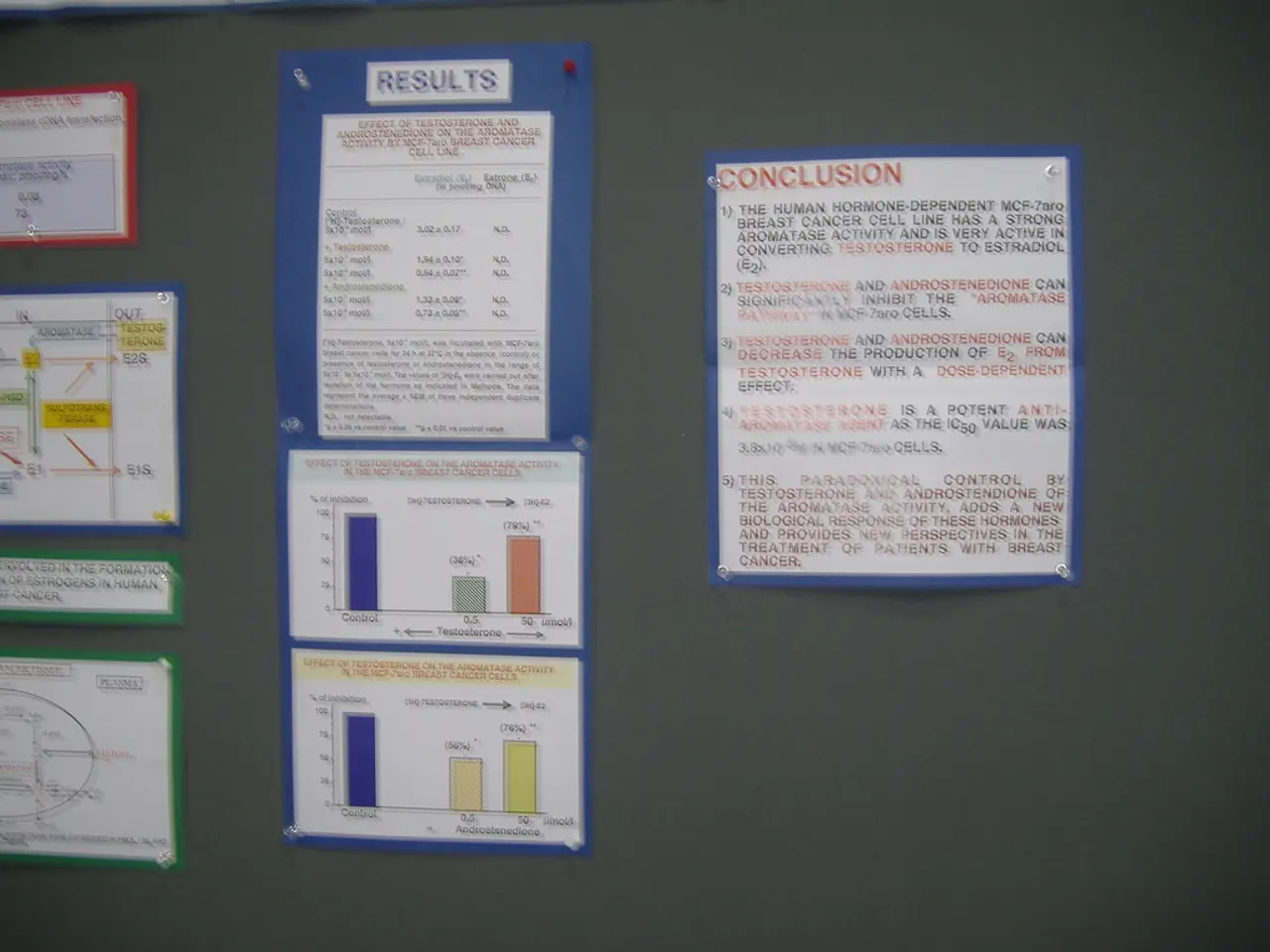Anticipation Builds for Today's Verdict on Leadership of Turkey's Republican People's Party Markets
In the heart of Turkey's political arena, a court case involving allegations of graft and vote-buying in the Republican People's Party (CHP) leadership primary is causing ripples of uncertainty. The outcome of this case could significantly impact Turkey's political landscape, financial markets, and investor sentiment.
Political Landscape
The court case has the potential to invalidate the leadership of Özgür Özel, who won the CHP's November 2023 leadership election, and potentially reinstate former leader Kemal Kılıçdaroğlu, who was ousted after losing the 2023 presidential election to President Recep Tayyip Erdoğan. Key CHP figures, including jailed Istanbul Mayor Ekrem İmamoğlu, face possible prison terms and political bans, which could weaken the main opposition party at a critical time. The case is widely seen as a politically motivated effort by the increasingly authoritarian government to undermine the opposition and control the political narrative. A weakened or reshaped CHP could diminish the party’s ability to challenge Erdoğan’s ruling party, affecting the balance of power ahead of future elections.
Financial Markets
Political instability and uncertainty typically impact financial markets negatively. This high-profile case may increase perceived political risk in Turkey, leading to increased volatility in Turkish stock and bond markets, as well as pressure on the Turkish lira. Concerns about governance and rule of law could deter foreign direct investment and capital inflows in the short to medium term.
Investor Sentiment
The case and its delays (with the hearing adjourned until September) add to an atmosphere of uncertainty and political risk, likely eroding investor confidence in Turkey’s democratic institutions and political stability. The perception of the judiciary being used as a tool for political repression may cause caution among international investors, who may reassess the risk premium associated with Turkey. If opposition leaders face imprisonment, it could spark further protests and social unrest, which investors typically view as negative for economic prospects.
Since the arrest of Ekrem İmamoğlu, central bank foreign exchange reserves have fallen by over $25 billion. The decline in Turkish equities by 14% since March is a stark divergence compared to gains in global emerging markets. The rise in ten-year government bond yields by over 4 percentage points and the increase in five-year credit default swaps by about 50 basis points indicate elevated risk in international credit markets. Credit default swaps in Turkey remained steady at 305 basis points, indicating cautious investor expectations. The government faces pressure to manage future risks without exhausting national financial reserves. The financial cost of stabilizing Turkey's markets during the crisis has been unusually high, with reported spending of around $50 billion.
With leadership still unresolved, political risks will likely continue to shape investor sentiment and capital flows. The Turkish lira's trading value against the U.S. dollar remained relatively unchanged on Monday at 39.8930. Markets are on tenterhooks for new political moves or court rulings in the case.
- The ongoing court case in Turkey, with its allegations of graft and vote-buying, could potentially impact the business sector as well, due to the possible destabilization of the political landscape, which may deter foreign investment and subsequently affect the overall economic wellbeing.
- The outcome of the court case in Turkey's political arena, which involves key opposition figures, could have far-reaching effects in the finance and business world, as it may lead to increased volatility in the Turkish stock and bond markets, pressure on the Turkish lira, and concerns about governance and rule of law that might deter foreign direct investment.





